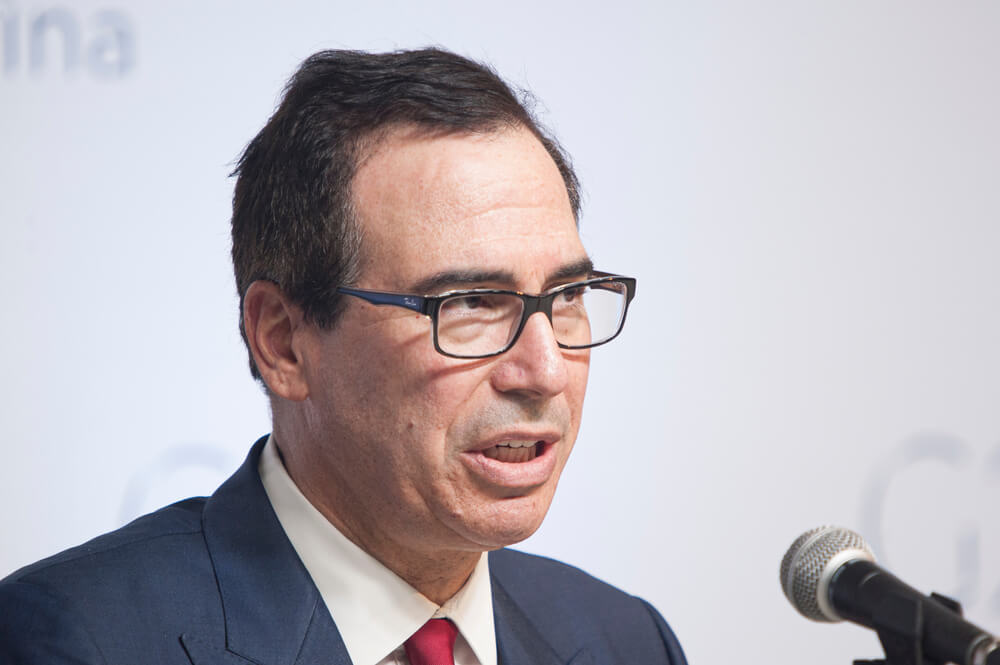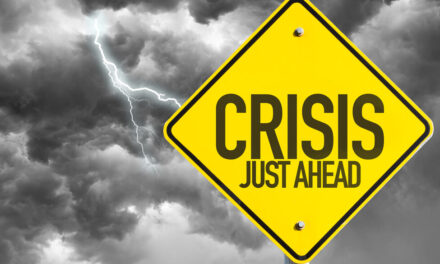U.S. Treasury Secretary Steven Mnuchin said this weekend he doesn’t see the benefits of increased coordination between the Federal Reserve and the government when it comes to turning the tides of an economic recession.
Jamie Dimon, CEO JPMorgan Chase & Co., along with central bankers and other investors have called for more explicit cooperation between the Fed and government when it comes to monetary and fiscal policy, respectively, but Mnuchin told reporters between meetings at the Group of 20 summit Sunday that he doesn’t think there is a need.
“I don’t agree that there necessarily should be coordinated action,” Mnuchin said, according to Bloomberg. “I don’t believe that there needs to be defined coordination or there needs to be defined independence.”
Mnuchin has continued weekly meetings with Fed Chair Jerome Powell, which is a long-standing tradition between the central bank and the Treasury Department. But Dimon believes the two entities will have to work together more in the future as it becomes more difficult to combat an economic downturn.
“We have to have coordinated fiscal, monetary policy and regulatory policy,” Dimon said in a January interview with CNBC. “It’s very hard for central banks to forever make up for bad policy elsewhere and that puts them in a trap, and we are a little bit in that trap today.”
Richmond Fed President Thomas Barkin told Bloomberg last week that coordination is “an important conversation for us to put on the table” as the Fed inches closer to 0% interest rates.
“It’s worth reflecting on whether we have the tools as a country to bring us together in a downturn,” Barkin added.
The economic expansion in the U.S. has continued for over a decade now, but if something were to knock the economy down a few pegs it would be harder for the Fed to react because it has already set interest rates to near record-low levels. Mnuchin echoed some of Barkin’s sentiment on interest rates, but he didn’t seem to be as bothered by the prospect.
“When interest rates are lower, just by definition there’s less room for central banks to move,” Mnuchin said. “It’s not a big concern of mine. It’s a bigger concern to the Europeans.”
Many European countries are working with negative interest rate policy at the moment, where entities essentially pay banks to hold their money. While the U.S. economy appears to be rolling along, there are factors like the coronavirus that could throw a wrench into the works.
The Fed warned that the virus, which has now spread to other countries outside of China where it originated, presents a “new risk” to the U.S. economic outlook.




